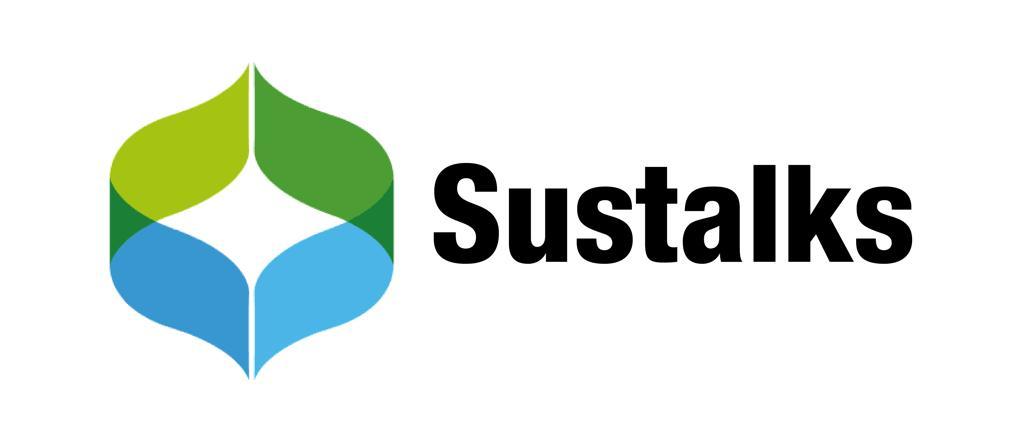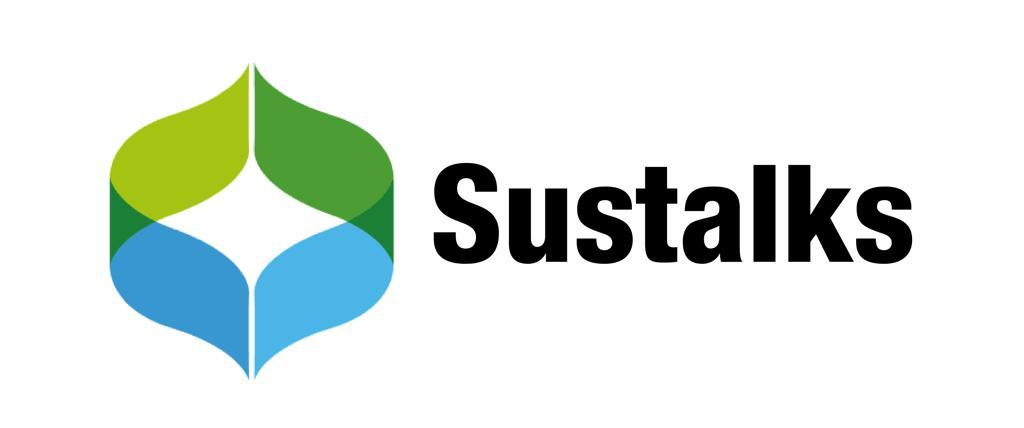In today’s fast-paced academic world, the pressure to succeed can be overwhelming, leading some students to consider options that challenge the very foundations of academic integrity. One such option is paying someone to take a class on their behalf. This concept, although it may seem like an easy shortcut to academic success Pay Someone to do my online class, opens a Pandora’s box of ethical, legal, and personal consequences that can significantly affect a student’s future. The idea of outsourcing one’s academic responsibilities is not new, yet it has evolved with the advent of digital technologies and online learning platforms. The decision to pay someone to take a class may arise from a desire to maintain a certain grade point average, avoid time-consuming coursework, or simply alleviate the stress associated with balancing academic and personal responsibilities. However, the short-term relief that might come from such an act belies the long-term ramifications that extend far beyond a single course.
When a student contemplates this option, they are often caught in a dilemma between immediate academic relief and the potential damage to their character and reputation. The decision to engage in academic fraud by outsourcing attendance and participation undermines the fundamental purpose of education, which is to cultivate critical thinking, develop problem-solving skills, and foster personal growth. Education is designed to be a transformative journey that equips individuals with the knowledge and skills necessary to navigate the complexities of life and work. By delegating one’s responsibilities to someone else, a student not only cheats themselves out of an authentic learning experience but also jeopardizes the credibility of the institution they represent.
The ethical implications of paying someone to take a class are profound. Academic institutions are built on principles of honesty, integrity, and fairness. When a student pays another person to attend classes or complete assignments, they are violating these principles. This act of deception creates an uneven playing field, where the dishonest student gains an unfair advantage over peers who invest their time and effort into earning their achievements honestly. Moreover, this behavior erodes trust among students, educators, and the broader academic community, leading to a breakdown in the system that relies on mutual respect and accountability.
Beyond the ethical considerations, there are significant practical risks associated with paying someone to take a class online class help. Educational institutions have increasingly sophisticated mechanisms to detect academic fraud, from monitoring attendance records and participation in discussions to verifying the identity of students during online exams. The use of technology in academic administration has made it easier to identify discrepancies between a student’s performance and their actual capabilities. When such discrepancies are discovered, the consequences can be severe, including expulsion from the institution, a permanent mark on the student’s academic record, and a tarnished reputation that may follow them throughout their professional life.
There is also a psychological dimension to consider. The decision to engage in academic dishonesty can lead to a cycle of self-deception and diminished self-esteem. Students who choose to pay someone to take their classes often struggle with feelings of guilt and anxiety, knowing that their achievements are not a true reflection of their abilities. This internal conflict can create a sense of cognitive dissonance, where the individual is constantly aware of the gap between their actions and their values. Over time, this dissonance can erode their confidence and impede personal growth, leaving them ill-prepared for the challenges of their chosen career.
Furthermore, the act of outsourcing one’s academic responsibilities can have a lasting impact on one’s professional life. In many fields, particularly in disciplines that require licensure or certification, academic credentials play a critical role in ensuring competence and safeguarding public trust. Employers and licensing bodies often conduct rigorous evaluations of a candidate’s academic and professional background nurs fpx 6620 assessment 1. If it is discovered that a candidate engaged in fraudulent activities during their education, it can lead to a loss of professional licensure or the inability to secure employment in their field. The short-term benefits of avoiding academic challenges are far outweighed by the long-term consequences of being perceived as untrustworthy or incompetent.
Another dimension to consider is the impact on the person who is paid to take the class. This individual is often exploited in a system that profits from academic dishonesty. They may not be adequately qualified to perform the tasks required, which can lead to poor academic performance and a host of personal and legal problems. In some cases, these individuals become entangled in a network of fraud that extends beyond a single transaction, creating a subculture that undermines the integrity of the educational system as a whole. The financial incentive to participate in such schemes often comes at the cost of moral responsibility and professional ethics.
The broader societal implications of paying someone to take a class are equally concerning. Education is a cornerstone of societal progress, and when academic standards are compromised, the quality of education suffers. This degradation affects not only the individual student but also the institutions and communities that rely on educated professionals to drive innovation, improve public services, and maintain economic stability. A culture of academic dishonesty can lead to a workforce that is less prepared to meet the challenges of the modern world, ultimately undermining societal trust in educational institutions and professional fields.
Moreover, the act of paying someone to take a class can have ripple effects that extend into the realm of personal responsibility and self-discipline. Students who engage in such practices may develop a habit of seeking easy solutions to complex problems, which can hinder their ability to tackle challenges independently in the future. This dependency on external sources for academic success can diminish their capacity for self-directed learning, creativity, and critical thinking. In a rapidly changing world, these skills are essential for adaptation and success, and a lack of them can have far-reaching consequences on an individual’s career and personal fulfillment.
Alternatives to outsourcing academic responsibilities exist, and they often involve seeking legitimate forms of academic support. Many educational institutions offer tutoring services, study groups, and counseling for students who are struggling to balance their academic workload. These resources are designed to help students overcome challenges through collaboration, guidance, and personal effort rather than through dishonest shortcuts nurs fpx 6116 assessment 1. Embracing these alternatives can lead to a more enriching and authentic educational experience, one that builds the skills and resilience needed for long-term success.
In reflecting on the choice to pay someone to take a class, it is essential to consider the underlying motivations. Pressure from family expectations, financial stress, or the desire to maintain a certain social standing can drive students toward unethical choices. However, it is crucial to recognize that these pressures are not insurmountable. Educational institutions, employers, and communities increasingly value integrity, perseverance, and the willingness to overcome adversity. By facing academic challenges head-on, students not only build a foundation for future success but also cultivate a sense of pride and accomplishment that can sustain them throughout their lives.
Ultimately, the decision to engage in academic fraud by paying someone to take a class is a choice that carries heavy ethical, personal, and professional consequences. It represents a departure from the values that are essential for both personal development and the advancement of society as a whole. While the temptation to find an easy way out may be strong in the face of mounting academic pressures, the long-term costs of such decisions far outweigh any short-term benefits. True success in education and in life comes from embracing challenges, learning from mistakes, and continuously striving for improvement through honest and diligent effort.
The discussion around paying someone to take a class is a reminder that the pursuit of knowledge is a deeply personal journey, one that requires commitment, resilience, and a willingness to confront difficulties head-on. It is only through honest effort and perseverance that students can truly master the subjects they study and contribute meaningfully to their chosen fields. The integrity of the educational process is fundamental not only to individual success but also to the collective progress of society, where trust, competence, and ethical behavior are the cornerstones of advancement.
In conclusion, while the notion of paying someone to take a class may offer a temporary reprieve from academic challenges nurs fpx 6200 assessment 2, it ultimately undermines the value of education and compromises the development of essential skills and ethical standards. The decision to pursue such shortcuts is fraught with risks that extend far beyond a single course, affecting personal growth, professional credibility, and societal trust. Students are encouraged to seek legitimate support systems and embrace the challenges of their academic journeys, knowing that the hard-earned lessons of perseverance and integrity are what ultimately pave the path to true success.


